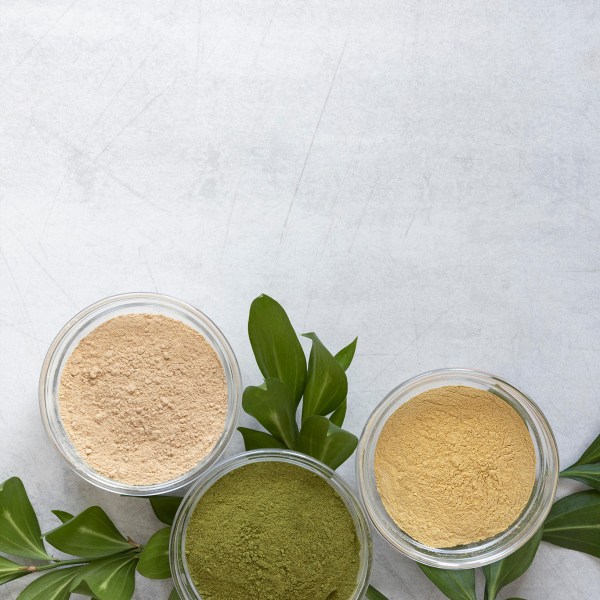About Goldenrod

Goldenrod (Solidago spp.) is an herb known for its numerous beneficial effects.
The Benefits of Goldenrod
Diuretic Properties: Goldenrod is best known for its diuretic effects, which may help maintain the health of the kidney and urinary system. It can aid in the elimination of kidney gravel and small kidney stones.
Anti-inflammatory Effects: Goldenrod has anti-inflammatory properties that may be useful in treating urinary tract infections and other inflammatory conditions such as arthritis.
Antioxidant Properties: Goldenrod contains antioxidants that may help fight free radicals, contributing to overall health and cellular protection.
Additionally, goldenrod is sometimes used to treat sore throats and respiratory issues, and it is also applied as a mild sedative. As with any herbal remedy, it's important to consult about dosage and potential side effects, especially if you are taking other medications.

The Benefits of Goldenrod:
Kidney and Urinary Tract: Due to its diuretic effect, it helps cleanse the kidneys and urinary tract, may aid in the removal of kidney gravel and small kidney stones, and contributes to the prevention or treatment of urinary tract infections.
Joints: Its anti-inflammatory properties may benefit those with arthritis, relieving joint pain and reducing inflammation.
Respiratory System: In some cases, goldenrod is used to treat respiratory issues like sore throats or mild respiratory inflammations.
Immune System: Its antioxidant properties support the immune system, helping the body fight against harmful free radicals.
Nervous System: Due to its mild sedative effect, it can positively impact the nervous system, helping to relieve stress and anxiety.
Goldenrod Can Be Effective in Treating Various Symptoms:
Kidney and Urinary Issues: Goldenrod may help alleviate symptoms of urinary tract infections, kidney gravel, and small kidney stones, while also aiding in cleansing the urinary system.
Inflammatory Conditions: Its anti-inflammatory properties can reduce pain and swelling caused by arthritis and other inflammatory conditions.
Respiratory Symptoms: It can be useful for alleviating respiratory problems like mild sore throat and cough.
Digestive Issues: It may help relieve digestive disorders such as heartburn or bloating.
Stress and Anxiety: Its calming effect can help reduce symptoms of stress and anxiety.
It is important to note that while goldenrod can be effective for various symptoms, excessive or improper use may lead to side effects. Therefore, it is always recommended to seek medical or expert advice before use.
Potential Side Effects of Goldenrod
While goldenrod is generally considered safe for most people when used appropriately, there are some potential side effects and precautions to be aware of:
- Allergic Reactions: People with allergies to plants in the Asteraceae family, such as ragweed, daisies, or marigolds, may be more likely to experience allergic reactions to goldenrod. Symptoms may include skin rashes, itching, or respiratory discomfort.
- Kidney or Heart Conditions: Because goldenrod is a diuretic, it may not be suitable for individuals with certain kidney or heart conditions. It is essential to consult a healthcare provider if you have existing health issues before using goldenrod, as it may interfere with prescribed treatments.
- Drug Interactions: Goldenrod may interact with medications such as diuretics, blood pressure medications, or lithium. It is important to speak with a healthcare professional if you are taking any medication before incorporating goldenrod into your routine.
- Pregnancy and Breastfeeding: There is limited information on the safety of goldenrod during pregnancy or breastfeeding. It is recommended to avoid its use during these periods unless advised by a healthcare provider.
As with any herbal supplement, it’s crucial to start with small doses and observe how your body reacts before increasing the amount. If any adverse reactions occur, discontinue use immediately and seek medical attention.
How to Use Goldenrod
Goldenrod can be consumed in various forms, depending on the intended use and personal preference. Common preparations include:
- Goldenrod Tea: One of the most popular ways to consume goldenrod is by making an herbal tea. Steep dried goldenrod leaves or flowers in boiling water for about 10-15 minutes. This tea is commonly used for its diuretic and anti-inflammatory properties.
- Capsules or Tablets: Goldenrod supplements are available in capsule or tablet form for convenience. Be sure to follow the dosage instructions provided by the manufacturer or a healthcare professional.
- Tinctures: Goldenrod tinctures are concentrated liquid extracts that can be added to water or taken directly under the tongue. Tinctures provide a potent and fast-acting way to consume goldenrod, but it’s essential to follow the recommended dosage carefully.
- Topical Applications: Goldenrod-infused oils or creams may be used topically to soothe skin irritations or minor wounds.
When using goldenrod, it’s important to purchase high-quality products from reputable sources to ensure safety and efficacy.
Conclusion
Goldenrod is a versatile and beneficial herb known for its diuretic, anti-inflammatory, and antioxidant properties. It may support kidney and urinary health, reduce inflammation, and boost the immune system. However, like any herbal remedy, it is essential to use goldenrod responsibly and consult a healthcare provider if you have any pre-existing conditions or concerns.
By understanding its benefits and proper usage, goldenrod can be a valuable addition to a natural wellness routine, promoting overall health and well-being.


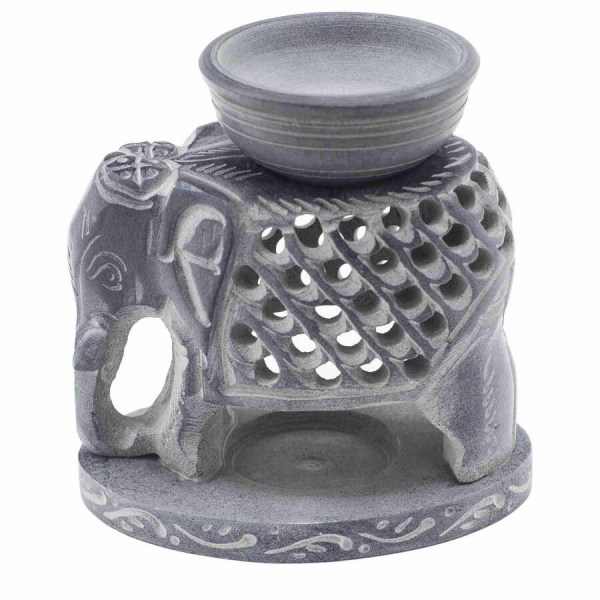


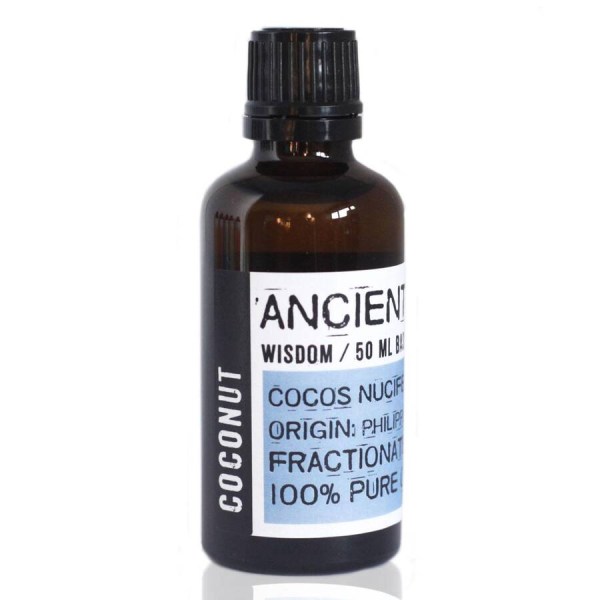









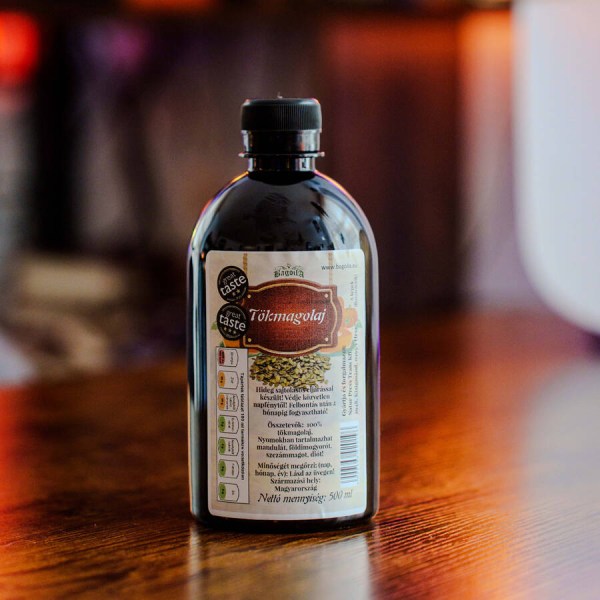
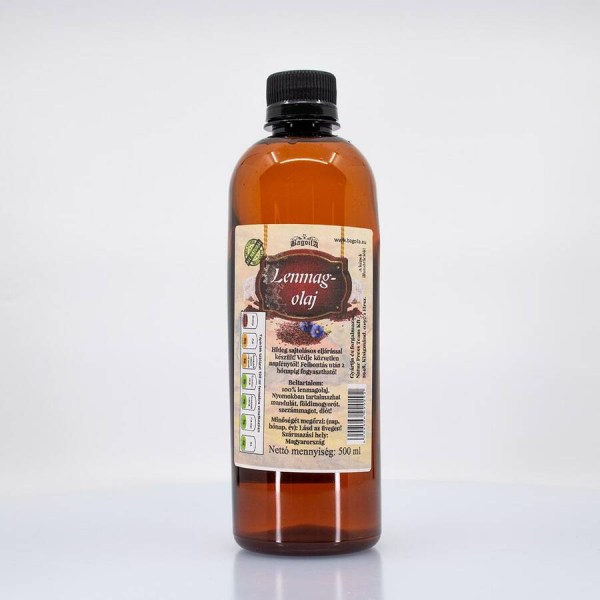









_600x600.jpg)















